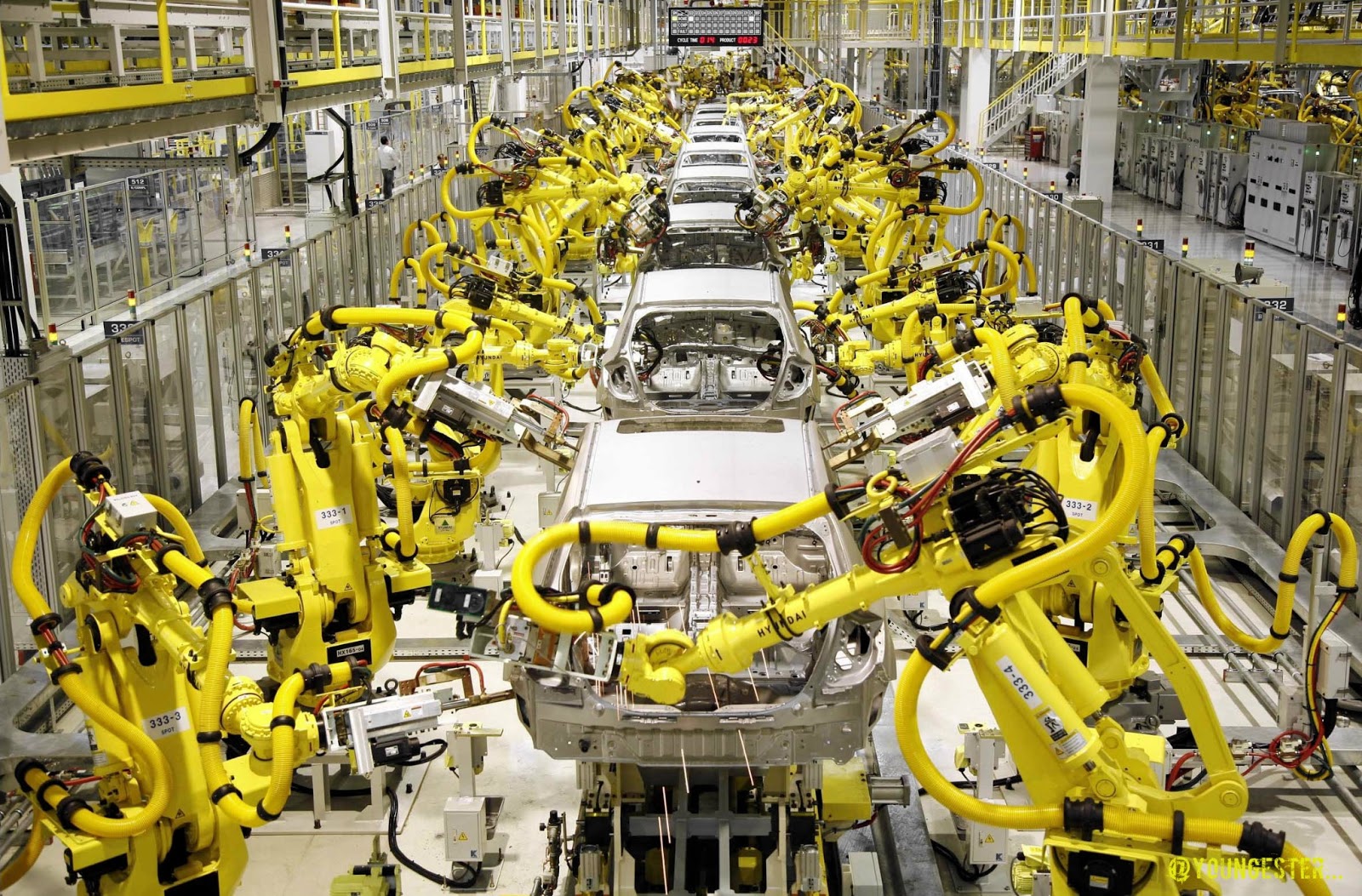In the just-released March issue of the Brooklyn Rail, Jason E. Smith compares twentieth-century waves of automation to the new wave of automation that seems to be engulfing the global economy now. In the process, Smith questions some widespread assumptions about automation, including the notion that it necessarily leads to greater unemployment, as well as the idea espoused by some leftists that automation will eventually free us from work entirely. Read an excerpt from Smith’s piece below, of the full text here.
It may be that the history of capitalism is the history of automation. Warnings about the perils of automation are as old as the capitalist mode of production. The first revolts of workers’ movement produced the myths of General Ludd and Captain Swing, and the insurrectionary forays of the canuts of Lyon. In their wake were left wrecked shearing frames and looms; barns, buildings, and goods were targeted by proletarian arsonists. Yet the development of the productive forces, and the implementation of large-scale machinery in capitalist factories, never quite made workers purely and simply redundant. To the contrary, over the course of more than a century, the demand for labor had grown exponentially, even as millions of peasants poured into cities, and entered into the wages system and the urban cash nexus. But this time, Boggs warned, was different: “Automation replaces men. This is of course nothing new. What is new is that now, unlike most earlier periods, the displaced men have nowhere to go” (my emphasis). These men and women, many of whom, like Boggs, had left the deep South for the industrial North and its factories and great cities, were loath to return to the countryside, to Jim Crow, rural isolation, and hardscrabble miseries. And the countryside wouldn’t have them: advances in mechanized farming across the South dramatically augmented agricultural productivity during the 1920s and after, in a matter of a few decades eliminating what jobs were left in the field. There was no turning back, in any case; these workers would not dare leave the cities, unless it was to “get away from the Bomb” …
We must stand this problem back on its feet. The lag in implementing wholesale automation across all sectors of the economy, with the corresponding and long-standing lag in productivity gains, must be considered from the perspective of the dynamics of global capitalism as a whole. Current speculations on both the promise and threat of automation are confronted with an ongoing crisis of accumulation. In this climate, a fragmentary implementation of automation is unlikely either to liberate large fractions of humanity from work, or produce mass unemployment of the sort envisioned over and again by commentators for the past century. The conviction held by many on the Left, here following tech enthusiasts like Martin Ford, is that the technical capacity to automate most if not all occupations is virtually present. Any lag in implementation is, by this reckoning, due to “failures of government policy”: with the right cocktail of social democratic adjustments (shorter work weeks, higher minimum wage, basic income, etc.), with the correct “political choices,” a world of “tight labor markets” and a decent standard of living for all could be won. My own investigation starts from a different place. I want to ask why, for all of the froth churned up around the productive potential lurking in test labs, the pattern exhibited over the past fifteen years has been one of declining investment in information technology, and falling output for IT-assisted manufacturing? Why has almost all growth in employment—ninety-six percent—since 1990 “come from sectors known to have low productivity […] and sectors where low productivity is merely suspected in the absence of competition and proper measurement techniques”? Why has some ninety-four percent of new employment in the U.S. since 2000 been in education, healthcare, social assistance, bars, restaurants, and retail, that is, in the vast, motley, and above all technologically stagnant service sector?
Image via mfgtalkradio.com.
